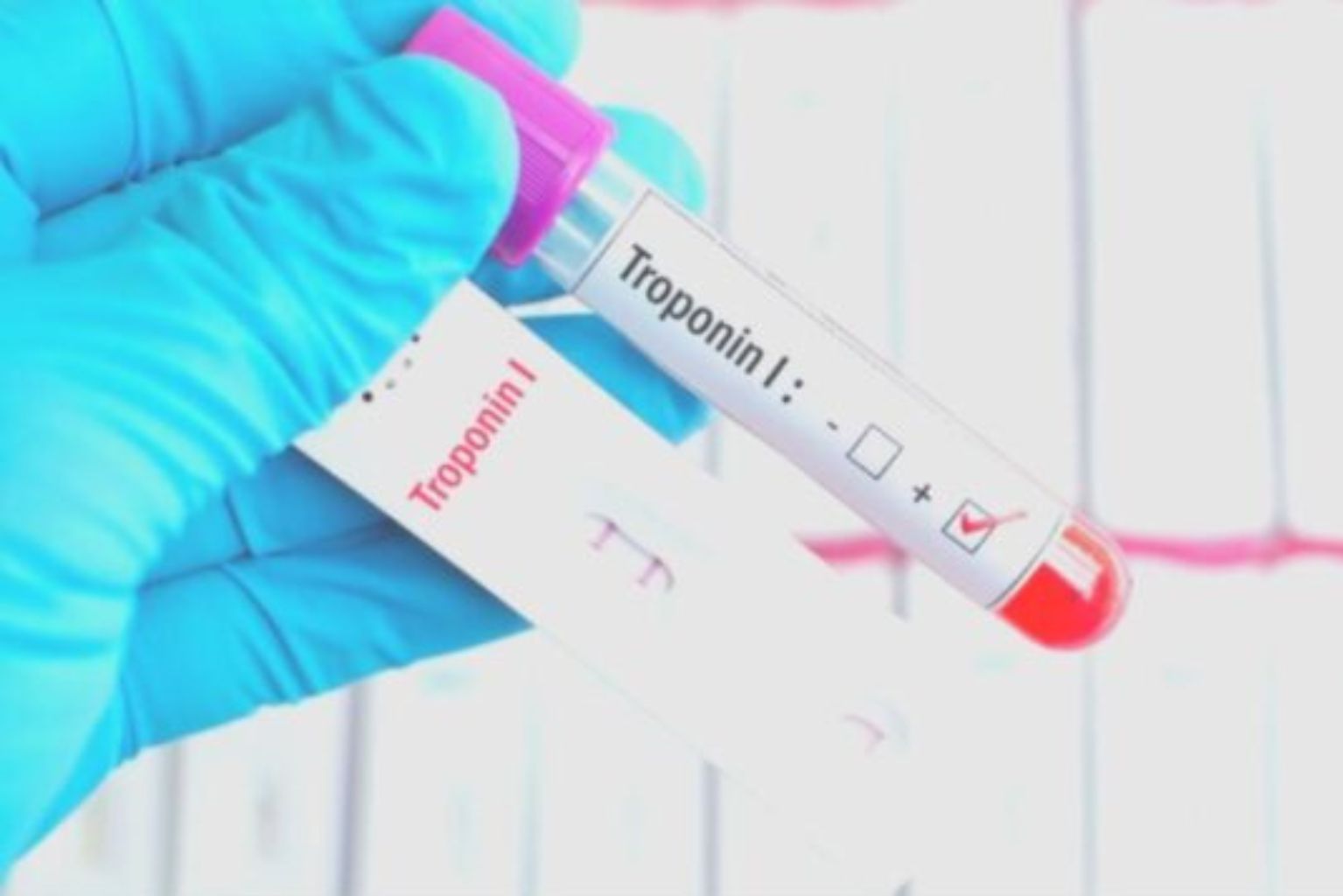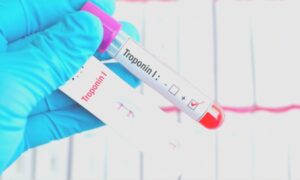
24 Sep What Is the Cardiac hs Troponin I Test? Early Detection of Heart Attack
What Is the Cardiac hs Troponin I Test? Early Detection of Heart Attack
Among the many things that are capable of causing the death of an individual, heart disease is the most common. In a medical setting, particularly with regards to emergencies, having a strong grasp of the patient’s symptoms is of utmost importance. The cardiac hs Troponin I test is important because it gives medical professionals the ability to detect heart disease, often, in a matter of hours depending on the symptoms that are presented.
This is the first of many steps in the process of determining the importance of this test.
What Is the Cardiac hs Troponin I Test?
Simply put, the cardiac hs Troponin I test is an incredibly sensitive blood test that is designed to determine the concentration of troponin I in an individual’s blood. The troponin I protein is rather unique in the sense that it is found in the muscle cells of the heart. It is important to highlight that, this protein is released in the blood of an individual that is suffering from a heart muscle demage.
Why is it Called “High-Sensitivity?”
In the context of medicine, it is most common to hear the phrase ‘being sensitive to something’ which often refers to having the ability to notice or detect something within a particular timeframe. Traditional tests are able to detect heart damage hours after it has already occurred. In contrast, high sensitivity tests are sensitive enough to determine the presence of even the smallest amount of troponin I that’s floating within the bloodstream.
Why Early Detection of Heart Attack is Critical
Every second heart is deprived of oxygen is critical. Restoring the flow of blood promptly because of intervention from the doctors from, high-sensitivity troponin I testing avoids complications.
Recognising the Warning Signs
If you notice any of the following warning signs, you should reach out and get help as soon as possible:
Pain, squeezing, or pressure in the center of the chest
Breathing becomes much harder all of a sudden
Sweating of the body feels cold or regardless of the temperature
Dizziness or extreme tiredness
If you suspect you are in the middle of a heart attack or have recently had one, doctors may perform a hs-troponin I blood test as a method of diagnosis.
Steps to Take to Diagnose a Heart Attack
Depending on the situation, the test can be conducted in an emergency room or a hospital. First, a blood sample is taken from a vein in the arm and then sent to the lab for analysis. The sample is checked for troponin I concentration in the blood.
In what scenario would this be necessary?
If you experience any of the following:
Any signs of cardiovascular issues.
A family history of heart disease.
Diabetes, high cholesterol, high BP or smoking.
Changes on the ECG.
It is commonly performed as part of a cardiac emergency assessment because it is quick and reliable.
Why You Should Take the Cardiac hs-Troponin I Test.
- Improved Diagnosis
The test is done within the hour. Most other assessments would take hours or days. They are economically inefficient.
- Improved Outcome
The previous test would increase the time it took to offer care. This new method decreases the time taken to administer healthcare, thus avoiding potential complications.
- Better Outcome
Emergency doctors are now able to make clinical decisions with a reasonable degree of accuracy.
What Is the Significance of the Results?
When someone suffers a heart attack, troponin is released into the bloodstream, which elevates the amount of hs-Troponin I in the blood.
In the absence of any major injuries, the levels would still be reasonably low. However, there is still a potential that further analysis is necessary, thus the counter is slightly misleading.
Doctors usually look at several tests done over several hours in order to make a diagnosis. These patterns may reveal whether a heart has ongoing, recent, or resolved damage.
After the Test, Democrats screen for hs-Troponin I and order additional tests for those who show elevated levels:
Electrocardiogram (ECG)
Echocardiogram
Cardiac catheterization
These identify the extent and site of damage to the heart. Depending on the test results, other treatments may include early incident modified medications, surgery, or lifestyle changes.
Who Is This Test Intended For?
Though this test is mainly used in emergency situations, some patients do have a case for interval screening:
Individuals with a relative who has suffered heart disease
People with chronic illnesses such as Diabetes or Hypertension
People with elevated cholesterol levels or who are regular smokers
Ongoing Episodes of Chest Tightness
Concluding Remarks
In retrospect, the cardiac hs-Troponin I test, as with other tests, is a revolutionary concept in the cardiac medical field. Its prompt and precise diagnosis of a heart damage enables medical professionals to take the necessary actions while time is still on their side. Should you or a person closely related to you begin to feel discomfort in the chest or show other symptoms deferring to a potential heart problem, you are most encouraged to bring this subject to the attention of your medical practitioner.
Most Common Questions
Is hs-Troponin I test painful?
No. It is simple and easy like any other blood test.
Is it possible for someone to take this test if they feel well and have risk factors?
Yes. If you’re at risk, it is advisable to take it.
How long does it take to get the results?
Most hospitals have the results within 30 to 60 minutes.



No Comments